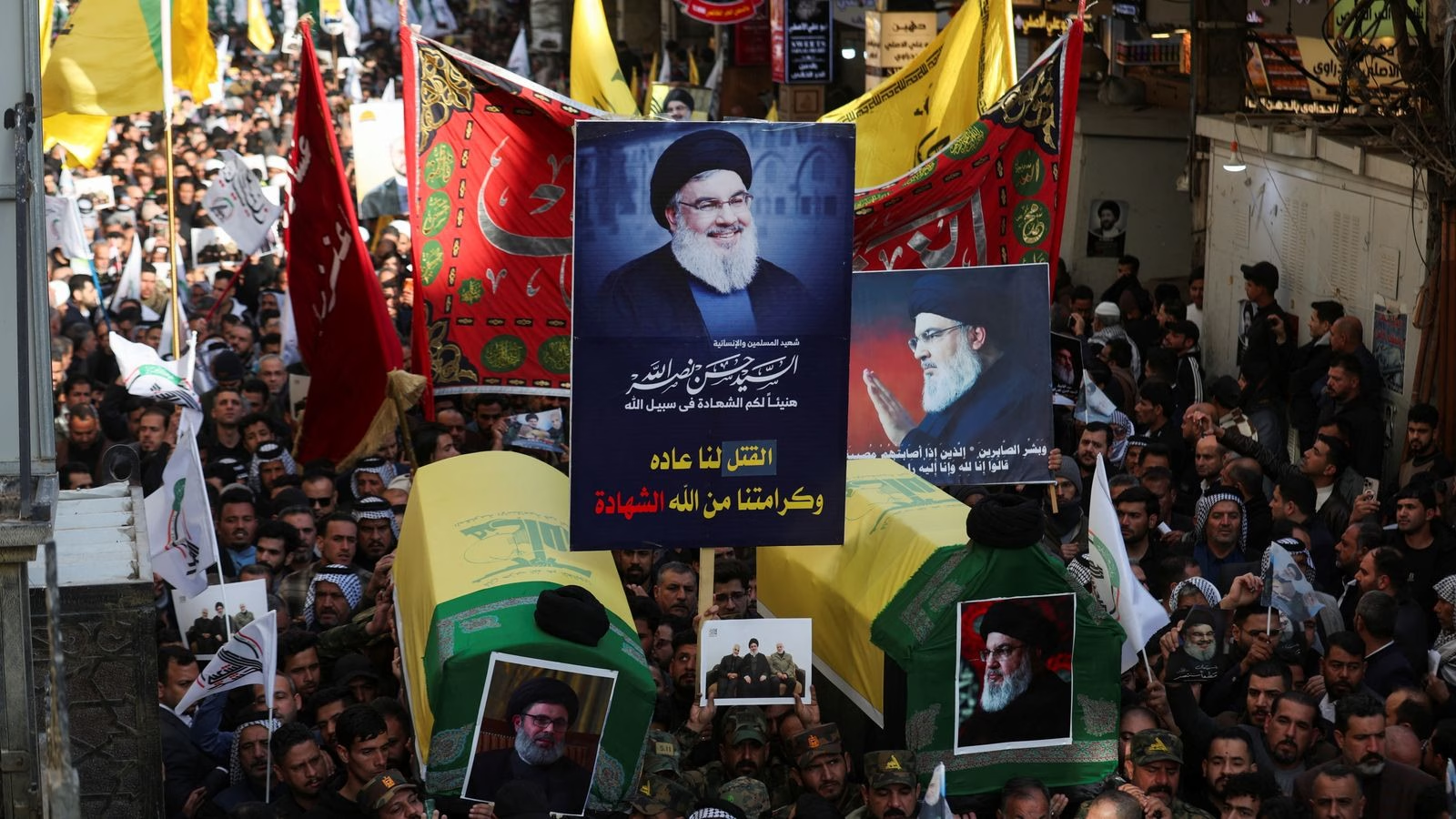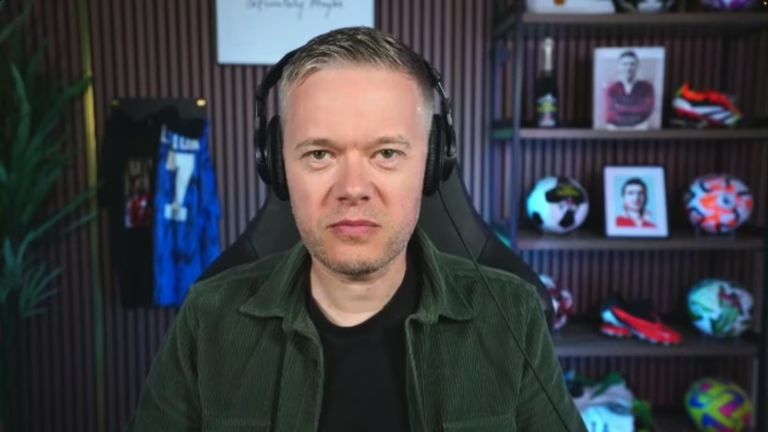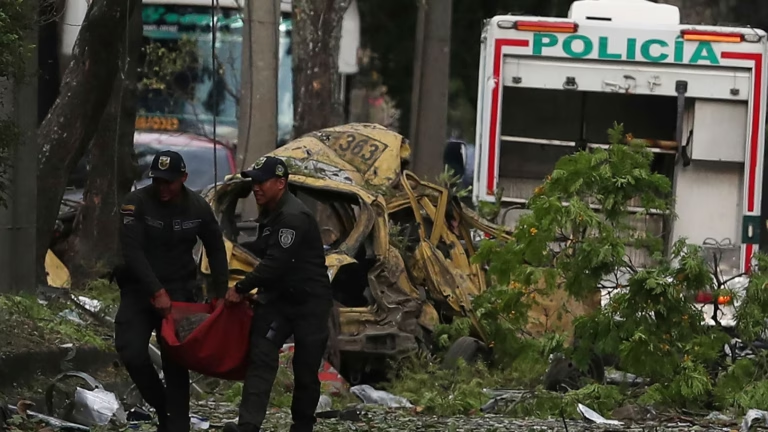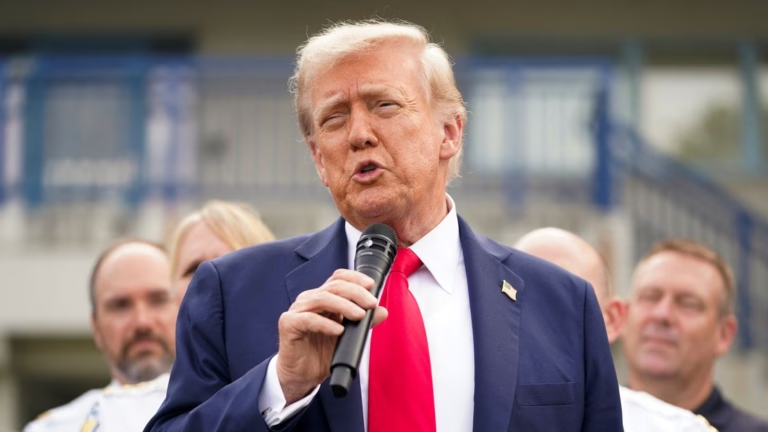Supporters of Hezbollah filled Lebanon’s largest stadium to demonstrate their loyalty to the group and to honor their charismatic leader, Hassan Nasrallah, who was killed in an Israeli airstrike.
Mourners gathered around his coffin as it made its way through the stadium, their emotional outpouring contrasting with the Israeli jets flying overhead, a grim reminder that the conflict remains unresolved.
In a region where power is often associated with military might, this moment was highly symbolic.
The significance of this funeral extends beyond mourning for the departed.
A weakened Hezbollah represents a shift in geopolitical dynamics and signals potential changes in regional power structures.
Nasrallah’s death marks the end of an era for the group and represents a profound transformation in its role and influence in Lebanon and the wider Middle East.
Taking the reins in 1992, Nasrallah transformed Hezbollah into a significant political and military force with strong ties to Iran and Syria. In recent months, the organization has faced setbacks with the loss of significant allies and infighting following Nasrallah’s assassination.
Nasrallah’s popularity among Hezbollah’s supporters cannot be overstated; his charismatic leadership and commitment to Lebanese sovereignty were celebrated by many in the Shiite community and beyond.








